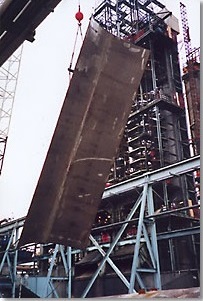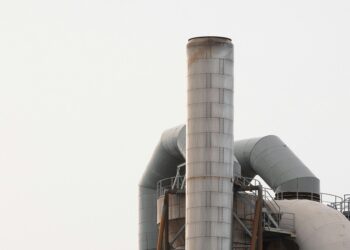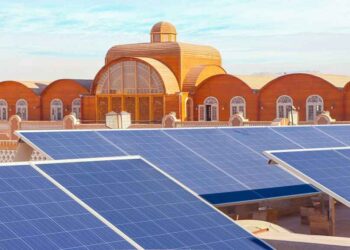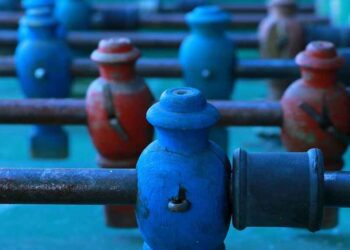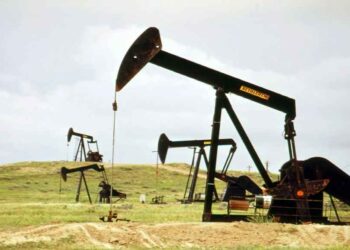When BP needed to replace damaged cokes drums at its Carson, California, refinery, CB&I responded with a new and innovative solution.
Two coke vessels at the Carson refinery had begun bulging and cracking following years of severe thermal cycling. BP had previously replaced a 20-foot section of each drum and now planned to replace two additional 20-foot sections of each vessel. However, that plan would have left circumferential seams in the section of the drum where the bulging and cracking problems were most pronounced.
After reviewing our new vertical plate concept, BP modified its plan and decided to retrofit all but the top nine feet of each drum shell with two vertical plate courses—one that would be 40 feet long, and another that would be 23.5 feet long.
Vertical weld seams have been shown to be less susceptible to thermal cycling, except where the vertical seams intersect circumferential welds. The result is a durable vessel that lasts longer than traditional coke drums. The BP project would be CB&I’s first installation of its new vertical plates, but the customer was confident that we possessed the expertise for the job.
Skilled CB&I personnel formed and welded the vertical plates into two-plate assemblies at our Houston, Texas, shop. The plates were then shipped to Carson. At the project site, our crew cut the old circumferential sections from the drums and removed them using a customized rail system attached to the structure. The new vertical plate sections were then set into place, and a large nozzle in the top head and sections of the skirt also were replaced. CB&I workers then performed post-weld heat treating and hydrostatic testing.
We completed the entire project in 28 days at a cost not greater than traditional methods. The project was so successful that the customer asked us to replace shells on an additional four coke drums at the Carson refinery.











































